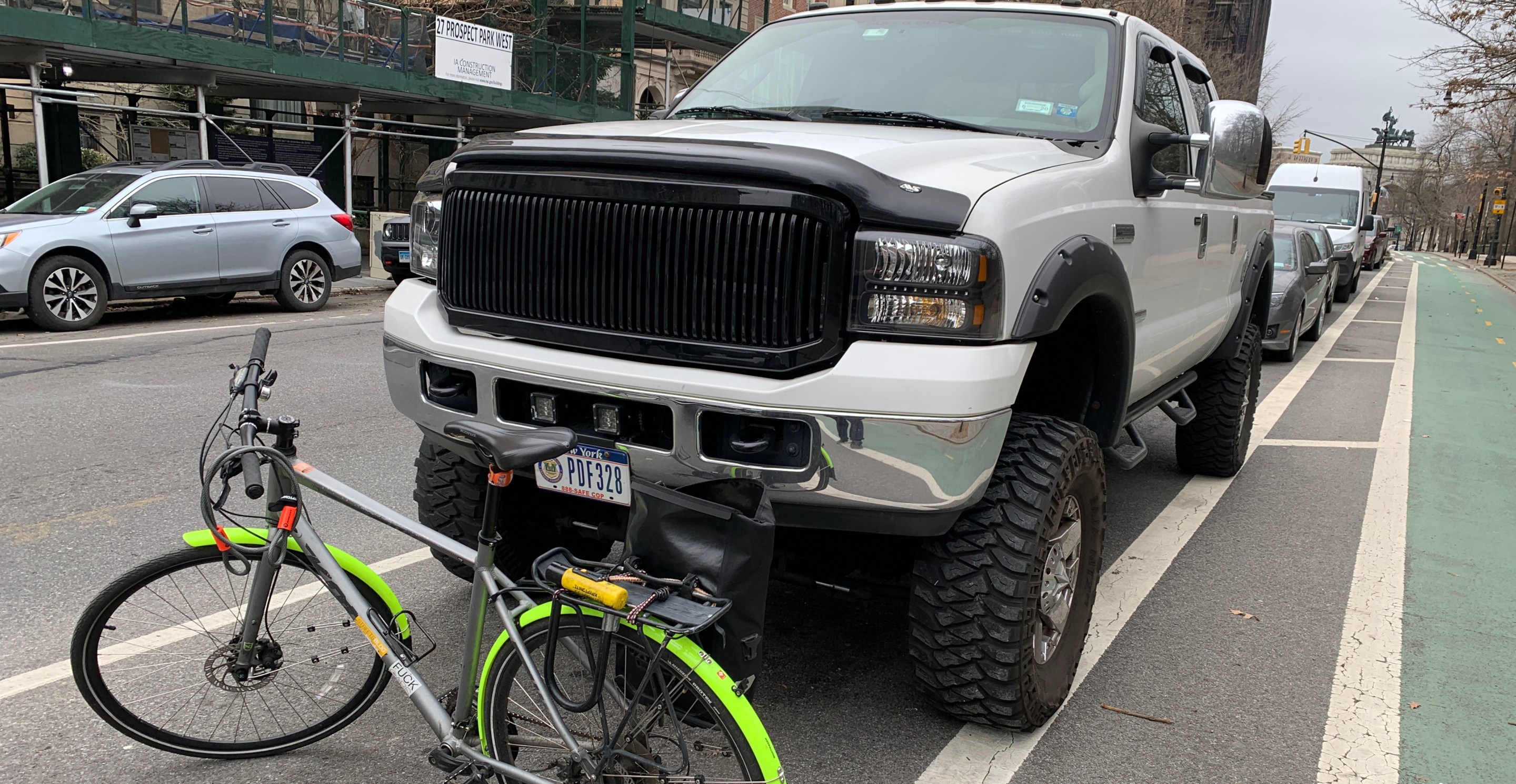- Feeling safer driving a huge SUV is a luxury available only to the rich, and there are diminishing returns. According to The Economist, for each life saved by being inside one of the heaviest vehicles in a crash, a dozen lives are lost. (State Smart Transportation Initiative)
- Drivers who use Tesla's Autopilot and similar technology are distracted about 30 percent of the time instead of keeping their hands on the wheel like they're supposed to, according to a study by MIT and the insurance industry. (Quartz)
- Autonomous vehicles don't actually drive themselves — because they need fleets of engineers on standby to take over if necessary. (Jalopnik)
- The price tag for a new West Seattle light rail line has ballooned from $2.3 billion in 2016 to about $7 billion now, meaning Sound Transit can no longer afford to build it without new funding. (Seattle Times)
- Houston buses are late a third of the time, which makes it even harder for riders who are already facing two-hour commutes to get to work. (Landing)
- Denver's transit agency is kicking Greyhound out of its Union Station bus terminal because it says the company keeps abandoning buses and passengers. (Denverite)
- The Regional Transportation District could cut costs and boost ridership on a Denver-Boulder-Longmont light rail line by partnering with a nearby agency working on a Pueblo-Fort Collins line. (Colorado Public Radio)
- Dallas officials are split between wanting to fully fund DART and those who support restructuring the regional transit agency to cut funding. (KERA)
- A Philadelphia bill would raise fines for drivers who block bike lanes. (CBS News)
- NEXT Pittsburgh details the auto industry and early motorists' war on pedestrians, with a local twist.
- Paris is simplifying transit fares so that any bus, subway or train ride in the city or region will cost a little less than $3. (Connexion)
- London Mayor Sadiq Khan plans to ban cars from the famed Oxford Street shopping district, which he says will revitalize the area and encourage spending. (The Guardian)
- When London restricted polluting vehicles around schools, kids started to walk and bike more. (Grist)
Today's Headlines
Friday’s Heavy Metal Headlines
Fatalities are seven times higher when a vehicle collides with a large pickup truck as opposed to a compact car, according to The Economist.

Stay in touch
Sign up for our free newsletter
More from Streetsblog USA
Tuesday’s Headlines Are a Little Bit Safer
Traffic deaths are down about 12 percent, which the National Safety Council attributes to new technology and infrastructure investments.
Could Refurbished E-Bikes Be the Secret Weapon of the Livable Streets Movement?
A high-quality used market could be the boost America needs to get would-be riders off the sidelines and into the saddle, a new report argues.
How the ‘Little Free Pantry’ Can Help Feed the Hungry Without Requiring Them to Drive
Researchers are trying to reduce the mobility barrier to food by bringing it directly to neighborhoods.
Exactly How Much It Cost to Build the Average Parking Space In Your City
For new apartments, the research found that building required parking adds roughly $50,000 to $100,000 per unit, and disproportionately increases the cost to build smaller apartments.
Monday’s Headlines Took the Keys Away
A demographic disaster is coming as a generation of aging suburbanites become either dangerous drivers or trapped in their homes.
Why Anti-Trans Laws Are Terrible For Transportation, Too
A disturbing new Kansas law revokes trans people's driver's licenses. Here's how it will make our communities more dangerous.





